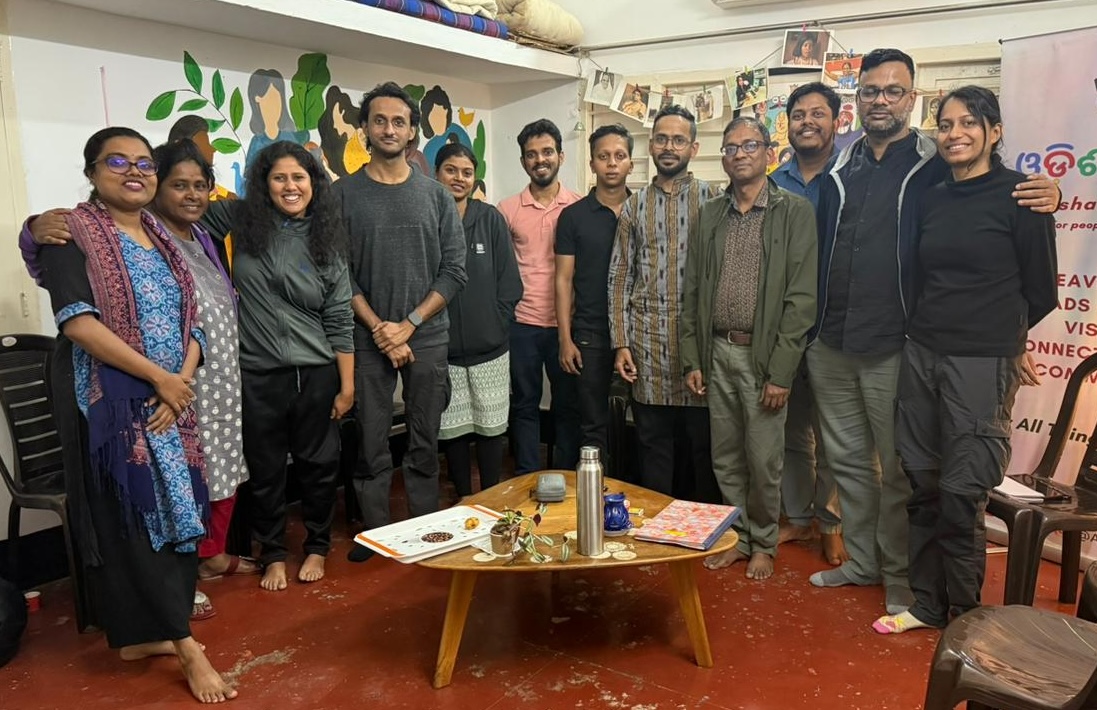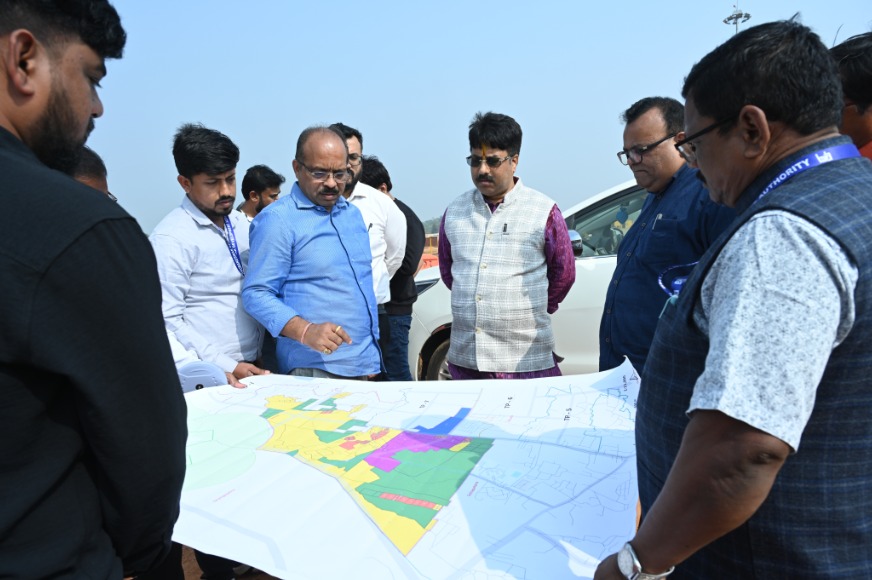New Delhi: The Union Minister of State for Panchayati Raj, Prof. S. P. Singh Baghel, inaugurated and addressed the National Conference on the Panchayats (Extension to Scheduled Areas) Act, 1996 (PESA) at the Dr. Ambedkar International Centre in New Delhi today. The conference, which marks a significant step in the government’s commitment to improving governance and development in Scheduled Areas, saw participation from over 500 delegates, including state Panchayati Raj ministers, senior officials from Central and State departments, and representatives from NGOs and the three tiers of the Panchayati Raj system.
A major highlight of the conference was the launch of the PESA – GPDP Portal and Seven Specialized Training Modules aimed at enhancing the effectiveness of Gram Panchayat Development Plans (GPDPs) and related training initiatives. These resources are designed to ensure that the benefits of the PESA Act reach the grassroots level, facilitating holistic development in tribal areas.
In his address, Prof. Baghel stressed the importance of balancing rights with responsibilities to implement PESA effectively. He remarked, “Guided by Prime Minister Narendra Modi’s vision, we are committed to making PESA accessible and actionable for residents at the grassroots level, embodying the ‘Lab to Land’ concept.” He also highlighted the crucial role of women in PESA implementation, emphasizing their empowerment and participation as essential to the success of the Act. Prof. Baghel further noted that the new training modules are practical and action-oriented, aimed at ensuring that the Gram Panchayats can implement development plans without difficulty.
Union Minister of State for Tribal Affairs, Durgadas Uikey, delivered the keynote address during the valedictory session, underscoring the government’s efforts to uplift tribal communities and integrate them into mainstream development. He praised the Ministry of Panchayati Raj’s capacity-building initiatives for PESA Gram Sabha office bearers, expressing hope that these efforts would equip them with the knowledge needed to execute their roles effectively.
The conference featured insightful speeches from Prahlad Singh Patel, Panchayati Raj and Rural Development Minister of Madhya Pradesh; Anirudh Singh, Minister of Panchayati Raj and Rural Development, Himachal Pradesh; and D. Anasuya Seethakka, Minister of Panchayati Raj and Rural Development, Telangana. They shared their respective states’ progress and strategies in implementing the PESA Act, particularly the integration of related laws, financial provisions, and efforts to promote economic self-reliance while preserving tribal cultural values.
During the discussions, key government initiatives were highlighted, including the Janjati Adivasi Nyaya Maha Abhiyan (PM JANMAN) and the recently approved Pradhan Mantri Janjatiya Unnat Gram Abhiyan. These programs aim to bridge critical gaps in social infrastructure, health, education, and livelihoods through the convergence of government schemes, ensuring sustainable development in tribal regions.
Vivek Bharadwaj, Secretary of the Ministry of Panchayati Raj, emphasized the PESA Act’s spirit of bringing tribal communities into the development mainstream while preserving their cultural heritage. He noted that most PESA states have now formulated PESA Rules and highlighted the capacity-building efforts underway, including the training of Master Trainers and the development of action-oriented training modules to empower Gram Sabhas in PESA areas.
The conference also witnessed valuable contributions from NGOs and other organizations such as the TEER Foundation, Akhil Bharatiya Vanavasi Kalyan Ashram (ABVKA), and TRIF India, which participated in technical sessions and panel discussions on topics like “Strengthening the PESA Economies” and “Empowering the Last Mile.” These sessions aimed at devising strategies for ensuring the effective implementation of the PESA Act and delivering economic benefits to tribal communities.





